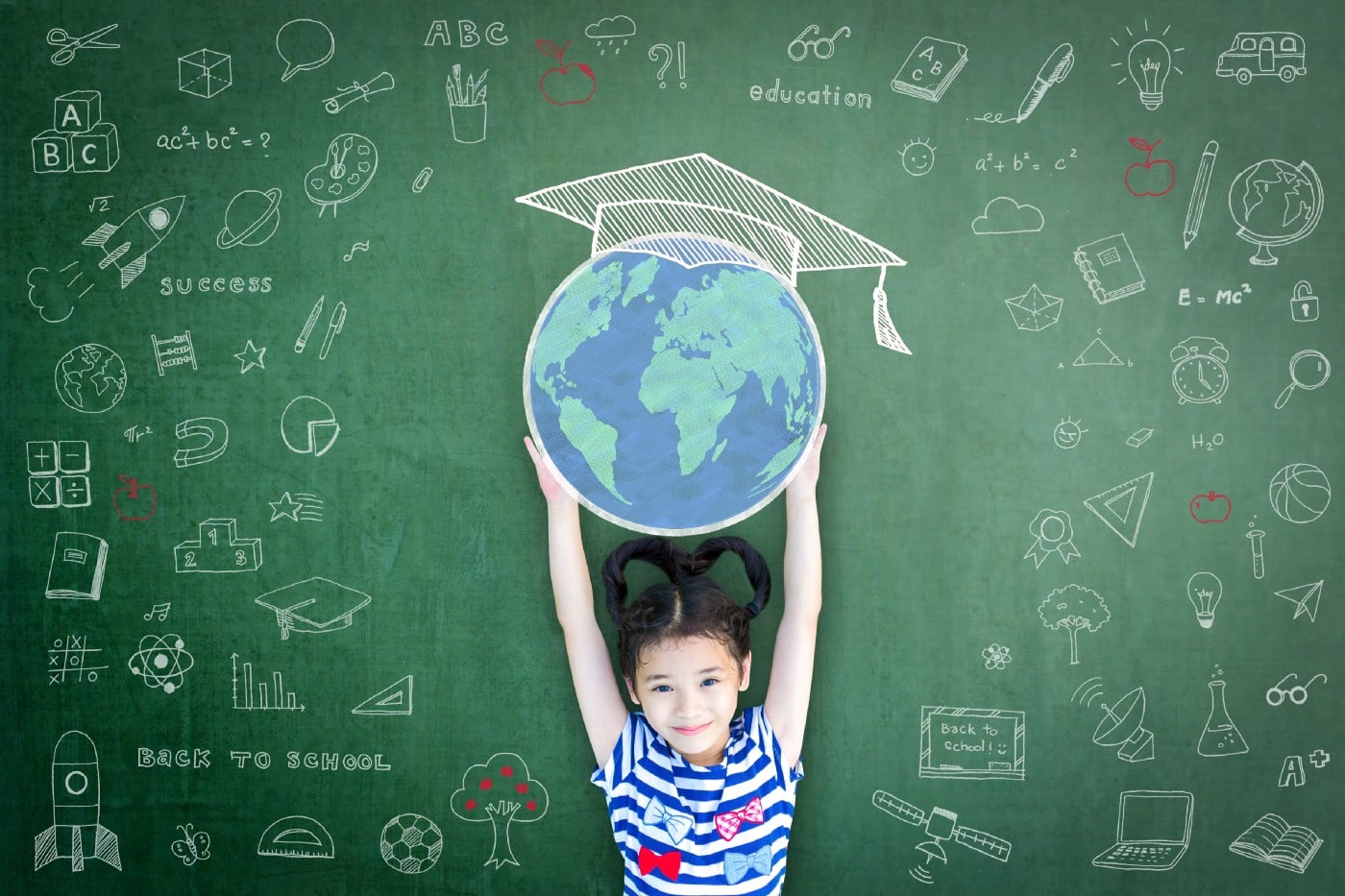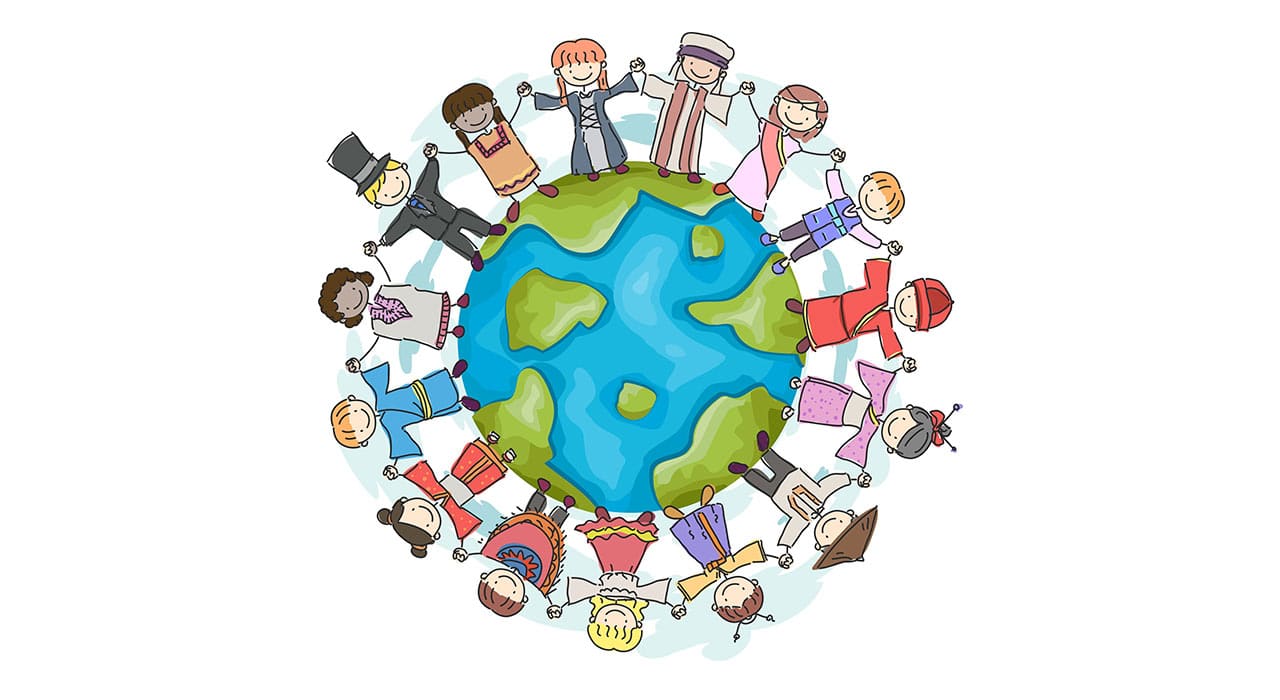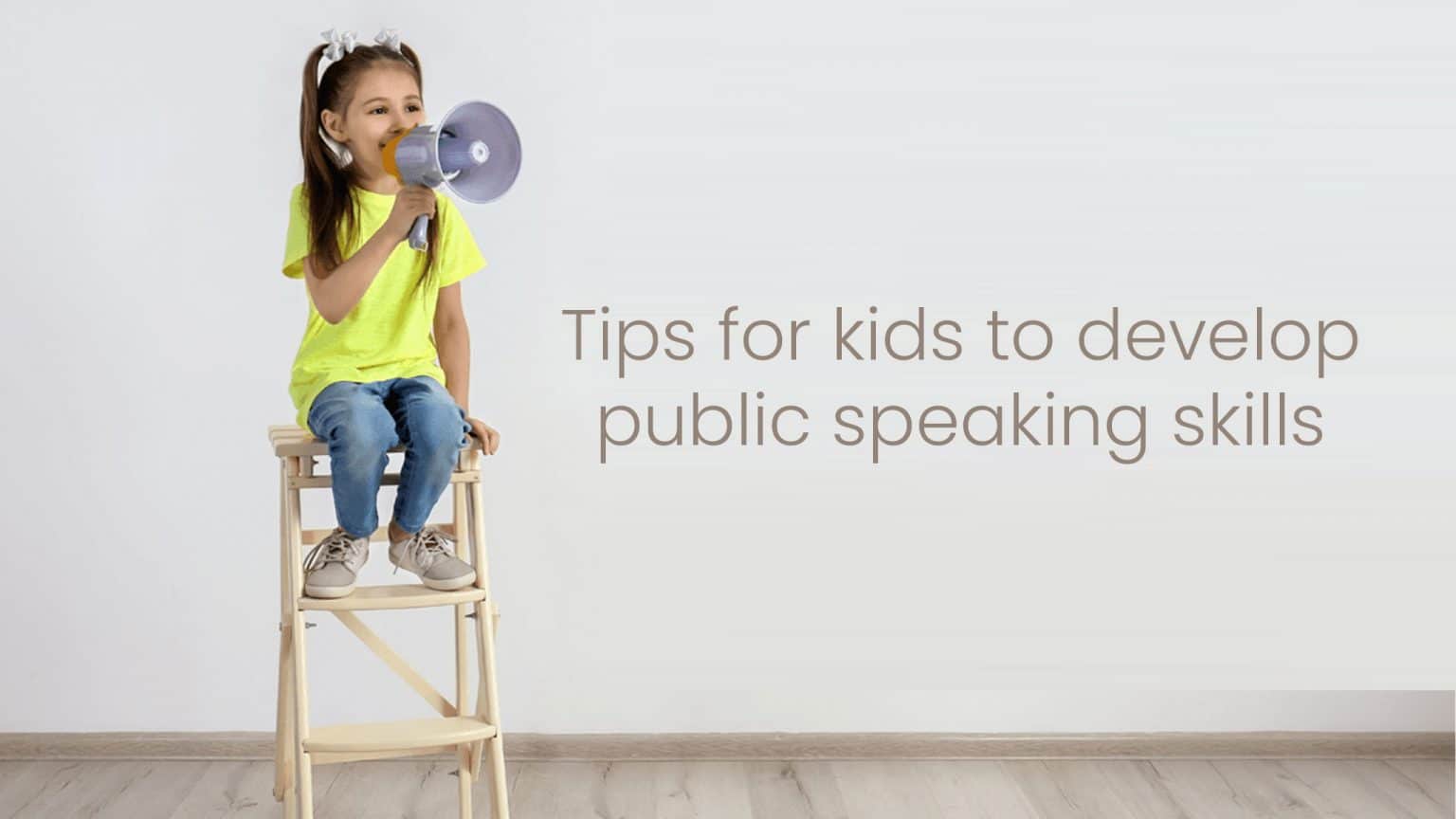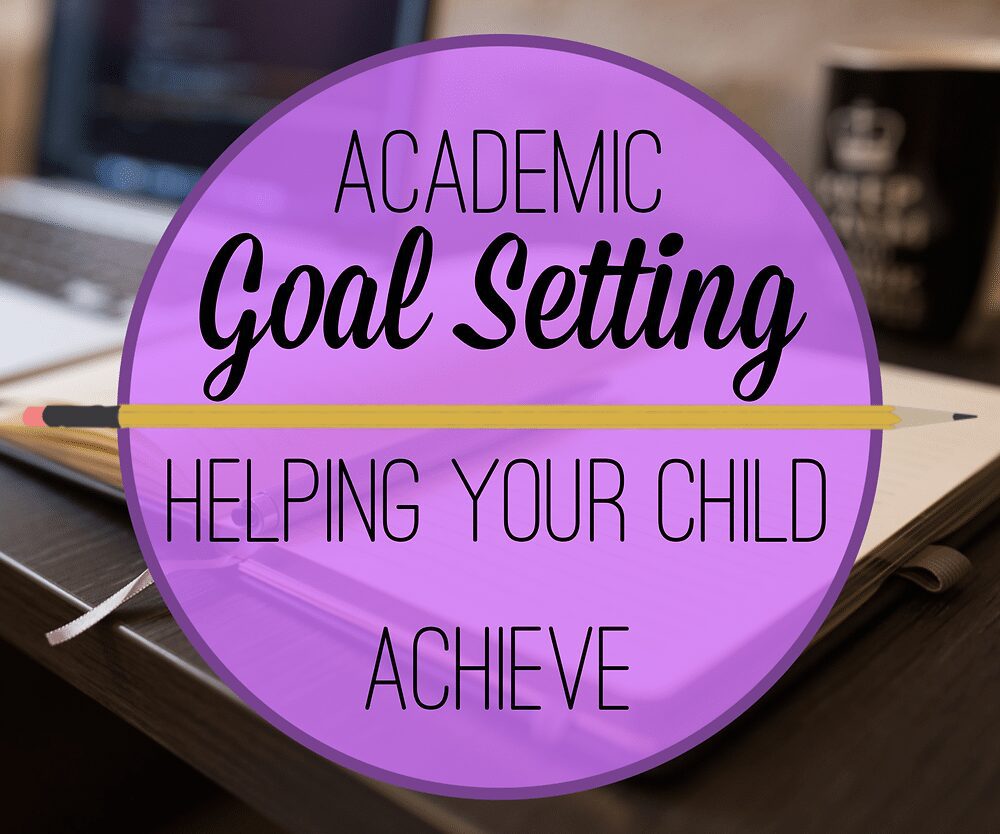ภาษาอังกฤษได้กลายเป็นภาษาที่สองของมาเลเซียอย่างหลีกเลี่ยงไม่ได้เนื่องจากมีการใช้กันอย่างแพร่หลาย ไม่ว่าภาษาแม่ของพวกเขาจะเป็นภาษาอะไร ภาษาอังกฤษก็พูดกันอย่างแพร่หลายในมาเลเซีย
นักเรียนมีความรู้ภาษาต่างประเทศเพียงเล็กน้อยหรือไม่มีเลย ภาษาที่สองคือภาษาที่ไม่ใช่ภาษาแม่ของนักเรียนและไม่คล่องแคล่วเท่ากับภาษาแม่ นักเรียนบางคนอาจมีภาษาที่ "ดีที่สุด" หรือ "ภาษาแรก" มากกว่าหนึ่งภาษา โดยเฉพาะอย่างยิ่งหากพวกเขาเติบโตมาในสภาพแวดล้อมที่มีหลายภาษา ดังนั้น ภาษาที่สองคือภาษาที่พวกเขาไม่เคยเชี่ยวชาญในระดับภาษาแรกมาก่อน
การเรียนรู้ภาษาที่สองยังมีข้อดีอื่นๆ อีกมากมาย! ข้อดีอื่นๆ ของการเรียนรู้ภาษาที่สอง ได้แก่ ความสามารถในการแก้ปัญหา การใช้เหตุผล และการคิดสร้างสรรค์ที่เพิ่มขึ้น

-
โบนัสสำหรับภาษาแรก!
ภาษาสเปน อังกฤษ ฝรั่งเศส เยอรมัน หรือภาษาที่สองอื่นๆ เมื่อเด็กๆ เรียนรู้ภาษาที่สอง พวกเขาจะพัฒนาทักษะภาษาแรกและทักษะการอ่านเขียนโดยรวมด้วย! ในขณะที่เด็กๆ เรียนรู้ภาษาแม่ของตนเองโดยสัญชาตญาณ การเรียนรู้ภาษาที่สองยังช่วยเพิ่มความเข้าใจไวยากรณ์ วากยสัมพันธ์ และโครงสร้างภาษาอื่นๆ ของภาษาแม่ของพวกเขาอีกด้วย
“การพูดคุยกับคนๆ หนึ่งด้วยภาษาที่เขารู้จักจะกระตุ้นความคิดของเขา” เนลสัน แมนเดลากล่าว การพูดคุยกับเขาด้วยภาษาของเขาเองจะกระตุ้นความรู้สึกของเขา” การเรียนรู้ภาษาใหม่ไม่เพียงแต่ช่วยให้เราเข้าใจความคิดและค่านิยมของวัฒนธรรมนั้นๆ เท่านั้น แต่ยังแสดงถึงความเคารพต่อวัฒนธรรมและวิธีคิดของผู้อื่นอีกด้วย
-
ผลการทดสอบที่ดีขึ้น
จากการศึกษาพบว่านักเรียนที่เรียนภาษาที่สองทำคะแนนได้ดีกว่าเพื่อนที่พูดภาษาเดียวในการทดสอบมาตรฐาน ในสหรัฐอเมริกา นักเรียนที่เรียนภาษาที่สองทำคะแนนได้สูงกว่าในการสอบ ACT ในวิชาภาษาอังกฤษและคณิตศาสตร์ รวมถึงในการสอบ SAT ในส่วนของคำศัพท์ ในการทดสอบการอ่านของ PISA นักเรียนที่เรียนภาษาฝรั่งเศสแบบเข้มข้นทำคะแนนได้ดีกว่านักเรียนที่ไม่ได้เรียนภาษาฝรั่งเศสแบบเข้มข้นในแคนาดา
-
ปรับปรุงทักษะการทำงานหลายอย่างพร้อมกัน
จากการศึกษาพบว่าเด็กที่เรียนรู้ภาษาที่สองจะทำงานได้ดีกว่าในส่วนของสมองส่วนการทำงานบริหาร ซึ่งเป็นส่วนของสมองที่สามารถละเลยสิ่งรบกวนเพื่อให้จดจ่อกับสิ่งหนึ่งได้ในขณะที่ละเลยอีกสิ่งหนึ่ง นอกจากนี้ยังช่วยให้เราเปลี่ยนงานได้ สมองของนักเรียนที่พูดได้สองภาษาจะพัฒนาทักษะในการสลับงานและกรองข้อมูลเมื่อพวกเขาสลับไปมาระหว่างภาษาต่างๆ ในใจ

-
การพัฒนาพลังสมอง
การเรียนรู้ภาษาใหม่เป็นงานที่ยากสำหรับนักเรียนทุกวัย การเรียนรู้ภาษาที่สองเป็นระบบที่ซับซ้อนซึ่งจำเป็นต้องฝึกฝนเป็นอย่างมาก สมองของนักเรียนจะพัฒนาทักษะการแก้ปัญหาและการจดจำได้ดีขึ้น รวมถึงทักษะอื่นๆ อีกด้วย เนื่องจากพวกเขาพยายามค้นหากฎเกณฑ์ การเพิ่มพลังสมองอาจมีประโยชน์ในระยะยาว และเป็นประโยชน์อย่างยิ่งสำหรับผู้สูงอายุ
ลุดวิก วิทเกนสไตน์ นักปรัชญา กล่าวว่า “ขอบเขตของภาษาของฉันหมายถึงขอบเขตของโลกของฉัน” จากการวิจัยพบว่า การเรียนรู้ภาษาที่สองช่วยเสริมสร้างและขยาย “โลก” ของเรา ไม่ว่าจะเป็นโลกของความคิด โลกของสังคมแห่งการทำความเข้าใจแนวคิดและผู้คนที่แตกต่างไปจากตัวเราเอง หรือโลกกายภาพของการเดินทางและการทำงาน

ไม่ต้องสงสัยเลยว่าบุตรหลานของคุณมีความสามารถมากกว่านั้นมาก แต่พวกเขาอาจต้องการการสนับสนุนเพิ่มเติมเพื่อให้รู้สึกมั่นใจในพรสวรรค์ทางวิชาการของตัวเอง วิทยาเขตเสือ เป็นสถานที่ที่ยอดเยี่ยมในการเรียนรู้เกี่ยวกับการศึกษาและแบ่งปันข้อมูลเกี่ยวกับเส้นทางการศึกษาของตนเอง เราสามารถช่วยเหลือเด็กๆ ที่มี หลากหลายภาษาและหลากหลายวิชา! ทดลองเรียนฟรี มีการเสนอโดยที่ปรึกษาการสอนพิเศษที่อาจ ช่วย คุณจะค้นพบข้อดีของการเรียนแบบตัวต่อตัวหรือแบบกลุ่ม







